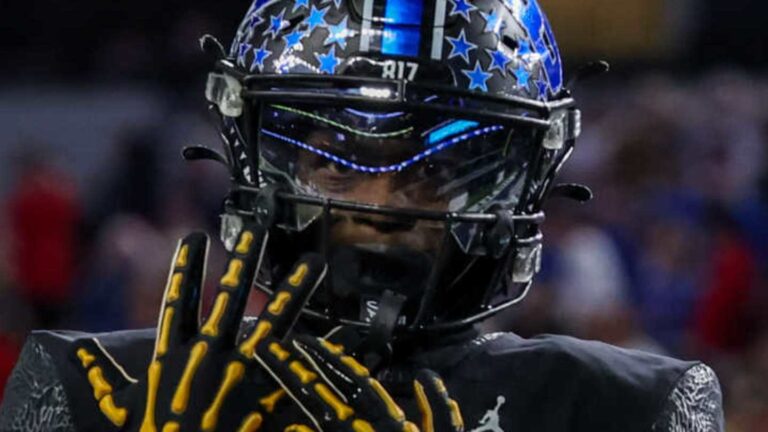
Manchester United Fans’ Early Exit and Boos Highlight Growing Frustration
Manchester United’s disappointing performance against Wolverhampton Wanderers on Saturday evening culminated in a significant show of discontent from the club’s supporters. A large number of fans left Old Trafford early, while those who remained booed the players off the pitch.
Frustration Over Poor Performance
United’s performance against Wolves was widely criticized, with the team failing to create clear-cut chances and struggling to contain their opponents. The match ended in a 1-0 defeat, extending United’s winless streak to five games in all competitions.
“The players haven’t been good enough,” lamented United fan Chris Jones. “They’re not playing with any passion or desire. It’s embarrassing to watch.”
Lack of Managerial Impact
Erik ten Hag has faced scrutiny for his inability to turn United’s fortunes around. The Dutch manager has only overseen one victory in his last six matches, leading to growing questions about his suitability for the role.
Former United defender Gary Neville believes ten Hag needs more time to implement his philosophy. However, he acknowledges that the team’s poor results are putting pressure on the manager.
Historical Context
United fans have a history of expressing their frustration through early exits and boos. In recent years, similar demonstrations have occurred during matches against Liverpool, Tottenham Hotspur, and Brighton & Hove Albion.
These protests reflect a deep-rooted dissatisfaction with the club’s performance since the retirement of Sir Alex Ferguson in 2013. United have not won a major trophy since 2017 and have struggled to maintain their dominance in English football.
Financial Implications
The early exits of fans have significant financial implications for the club. A large proportion of United’s revenue comes from match-day ticket sales, and a drop in attendance would have a negative impact on the club’s finances.
In the 2022/23 season, United’s average attendance was around 74,000. If this number were to decline due to fan dissatisfaction, the club could face a significant loss of income.
Broader Implications
The growing frustration among United fans is a reflection of the wider malaise in English football. Many clubs are struggling to compete with the financial power of the big six, leading to a widening gulf in quality between the top and bottom teams.
The continued protests by United fans also raise questions about the role of ownership in football. The Glazer family, who have owned the club since 2005, have faced criticism for their perceived lack of investment in the team.
Conclusion
The early exit and boos of Manchester United fans following the defeat to Wolverhampton Wanderers highlight the growing frustration within the fanbase. Poor performances on the pitch, coupled with a lack of managerial impact and historical context, have contributed to this show of discontent.
The financial implications of fan unrest are significant, and it also raises broader questions about the state of English football and the role of ownership. While protests are a natural outlet for fan frustration, it is ultimately the club’s responsibility to address the underlying issues and restore the glory days to Old Trafford.


